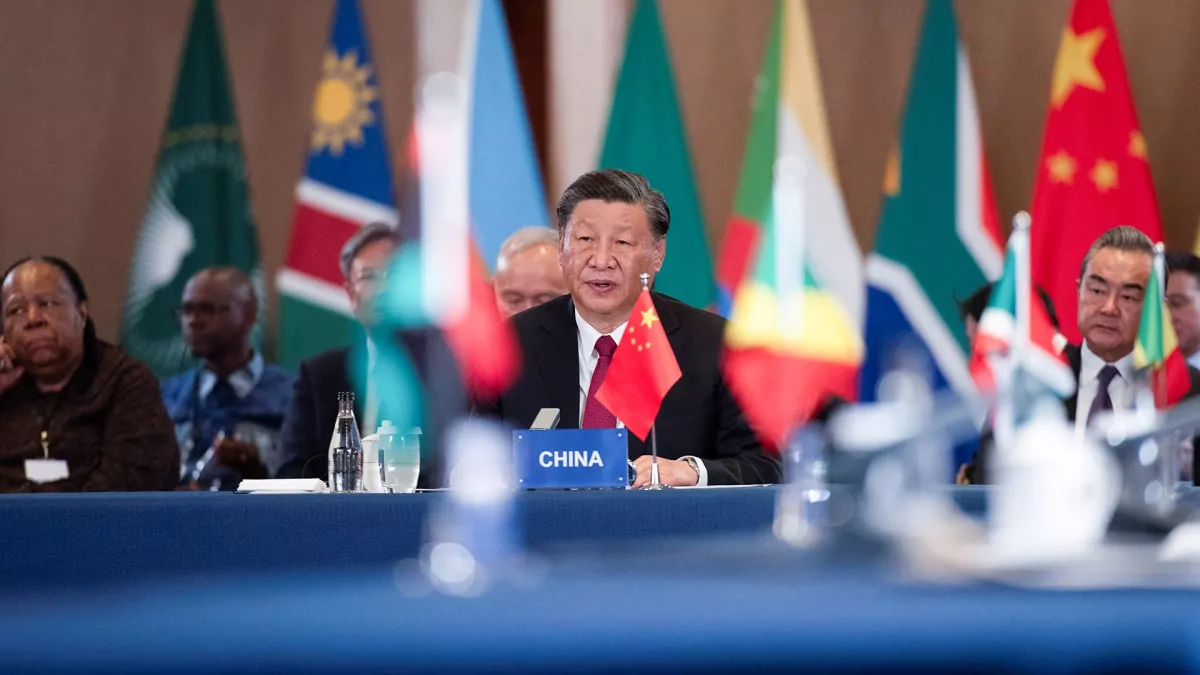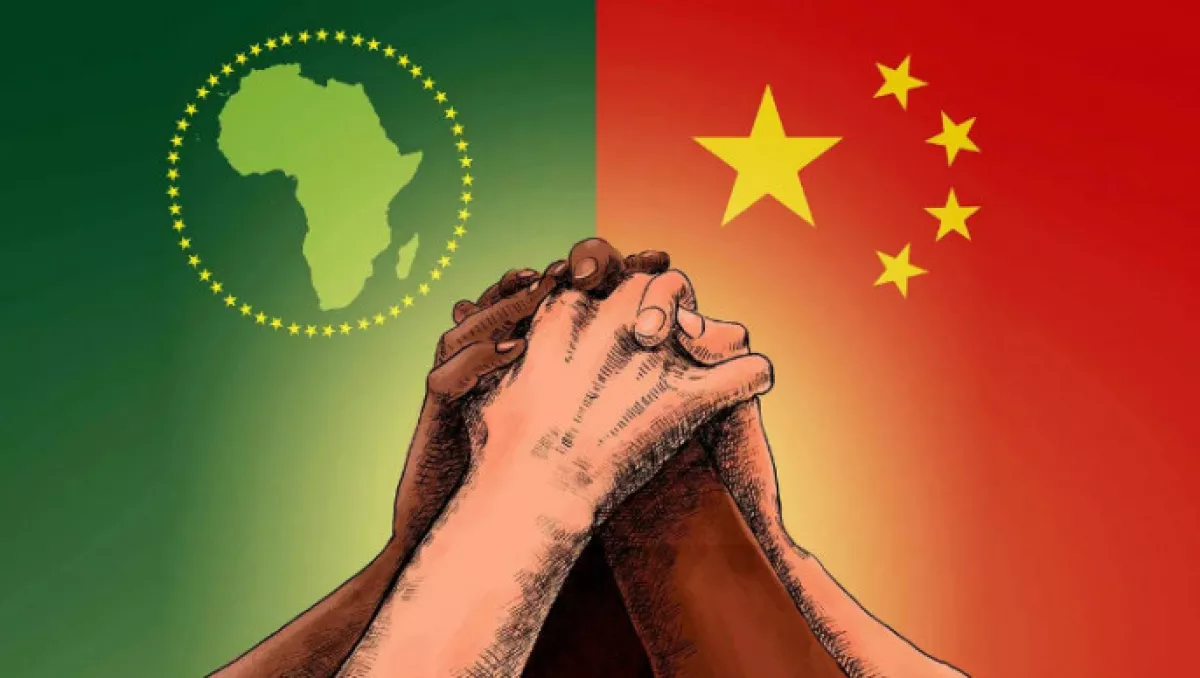New era of trade, development, strategic cooperation Africa chooses China
Last week, Beijing hosted the 9th Summit of the Forum on China-Africa Cooperation (FOCAC), which convened foreign and economic ministers from 53 African nations, alongside representatives from the African Union and various regional and international organizations.
Chinese Foreign Minister Wang Yi emphasized that as the world navigates a new era of turbulence and transformation, the united ascent of the Global South, represented by China and Africa, is significantly shaping human development. The summit’s motto, “Joining Hands to Advance Modernization and Build a High-Level China-Africa Community with a Shared Future," reflects the shared aspirations of both Chinese and African peoples.
In his address, Wang Yi effectively articulated the strategic vision outlined by Chinese President Xi Jinping for advancing the Global South. President Xi underscored Beijing’s commitment to implementing ten partnership action plans with Africa over the next three years to collectively advance modernization. Central to these plans are initiatives focused on fostering "exchanges and cross-fertilization between different civilizations."
To support these efforts, China plans to establish platforms for dialogue in public administration and create the China-Africa network of knowledge for development, which will include 25 joint research centres. Additionally, Beijing announced it will invite 1,000 African political leaders to China “to enhance the exchange of experiences in party and state governance.”
To advance mutually beneficial trade, China is prepared to "voluntarily and unilaterally expand market openness," including by imposing "zero tariffs on 100 per cent of taxable items from the least developed countries that have established diplomatic relations with China," which encompasses 33 African nations. This initiative will provide substantial opportunities for Africa to leverage the expansive Chinese market. Beijing's measures aim to "broaden market access for African agricultural products, enhance e-commerce cooperation, and initiate a bilateral quality improvement program."

Concurrently, China is poised to develop a “pilot zone for deepened China-Africa trade and economic cooperation,” which includes establishing a central hub for digital technologies. According to President Xi Jinping, China plans to undertake 30 projects aimed at “expanding infrastructure connectivity in Africa” as part of the “One Belt, One Road” initiative.
Under the “Global Development Initiative,” China is also considering the execution of over 1,000 “small but impactful projects designed to enhance people’s well-being.” This includes creating an alliance with Africa to establish hospitals and medical centres, supported by the deployment of 2,000 Chinese medical professionals.
Additionally, to improve the quality of food aid, valued at approximately $140 million, China will not only send 500 agricultural experts to Africa but will also create a China-Africa agricultural science and technology innovation alliance.
In the realm of “humanitarian exchanges,” China has proposed the establishment of an academy of engineering technology, which aims to provide essential training to nearly 60,000 Africans. Chinese Foreign Minister Wang Yi noted that Beijing has already allocated nearly 20,000 state scholarships to African nations, trained over 10,000 specialists, and facilitated partnerships between approximately 70 Chinese and African universities and vocational schools.
In this context, scholars have jointly released the “China-Africa Dar es Salaam Consensus on the Modern Development Concept of the Global South.” Additionally, under the “green development” initiative, China plans to launch 30 clean energy projects in Africa and establish a bilateral forum for “peaceful utilization of nuclear technology,” supported by 30 joint laboratories. Further cooperation will extend to “satellite remote sensing, lunar exploration, and deep space exploration.”
Wang Yi also highlighted that China was among the first nations to support and advocate for the African Union's inclusion in the G20, playing a pivotal role in addressing Africa's debt challenges through the G20 and other multilateral forums.

Beijing has also underscored its commitment to the “Global Security Initiative,” with one of its measures being a provision of $140 million in military aid to Africa. Over the next three years, China plans to extend financial support to African countries totalling more than $50 billion to effectively realize the goals of the 10 partnership action plans. According to President Xi Jinping, over half of this amount will be allocated as loans, $11 billion will be distributed as various grants, and $10 billion will be invested directly by China.
Ding Xuexiang, Vice Premier of the State Council of China, announced a partnership with UNESCO to establish a heritage trust fund aimed at “enhancing Africa’s capacity to preserve its cultural heritage.” In this context, the two parties agreed to designate 2026 as the China-Africa Year of People-to-People Exchanges.
China is solidifying its ties with the African continent, positioning itself as a leading global partner in this area. Unlike the collective West, represented by entities such as NATO or the G7, which often merely advocate for the importance of maintaining warm relations with the Global South, China is actively building genuine, equitable relationships with Africa without resorting to grand gestures or rhetoric.
Notably, President Xi Jinping, after describing the Forum as a “golden symbol” of South-South cooperation, proposed elevating relations with all African countries that “maintain diplomatic ties with us” to a strategic level.
Washington and Brussels are likely scrutinizing the outcomes of the summit and formulating their responses. However, according to most analysts, Africa has already made its decision.








